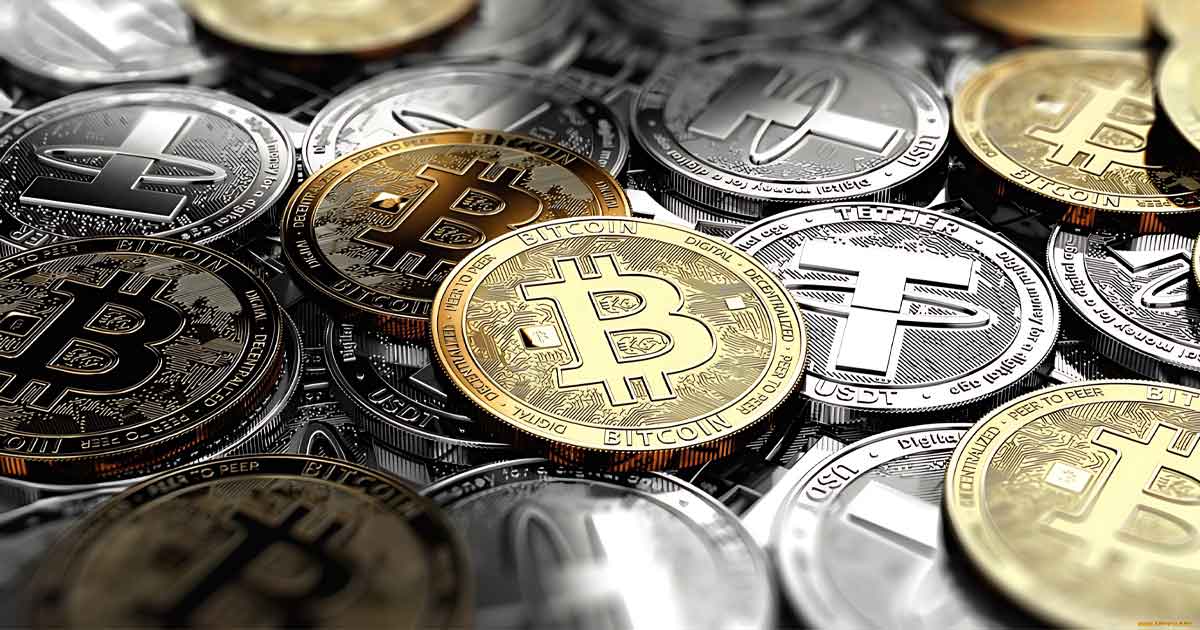A topic of all discussion and controversy without a doubt is cryptocurrencies, for some an unnecessary evil and for others a revolution. And with this, the questions are many, from knowing what their fluctuation may be in the short and medium term, to thinking about the possibility of them replacing physical currencies. The answers are not clear, but the truth is that we should be asking them.
An ongoing pandemic and a historic 2021 for the decentralized digital currency promises to disrupt traditional finance while banks like the Bank of England maintain that cryptocurrencies “are extremely unpredictable.” So if someone is thinking about investing in one, they should be prepared for their investment to go up or down. It is even possible that its value falls to zero, that is, worthless.
Banks have every reason to be skeptical. They have a lot to lose. Many have systemic concerns about the potential for decentralized cryptocurrencies to destabilize or undermine the authority or control of central banks. The truth is that there is still a real lack of knowledge about cryptocurrencies and many governments are slowing adoption by presenting cryptoassets as risky.
But whether we like it or not, without a doubt cryptocurrencies specifically Bitcoin are gaining popularity and credibility. The combined value of the world’s cryptocurrencies (mostly Bitcoin and Ethereum) reached $2 trillion in August. The valuation of all bitcoins combined is around $700 billion, which is equivalent to 6% of the valuation of gold.
With this, it is clear that cryptocurrencies deserve serious attention and they are getting it. The adoption and implementation of blockchain solutions by financial institutions, crypto companies, and global governments is underway. Many venture capitalists believe that the digital asset industry will prove revolutionary. El Salvador has even adopted it as its official currency in recognition of its undeniable advantages of portability, divisibility, resistance to inflation, and transparency.
Even traditional industry players like Mastercard are beginning to embrace digital assets. The S&P Dow Jones Indices now produce cryptocurrency benchmarks and several of Wall Street’s largest trading firms have indicated that they will now be active participants in the cryptocurrency markets. We have seen institutional interest in these digital assets grow significantly, which means global adoption where the only thing left to do is know how long it will take to achieve it.
Bitcoin and other cryptocurrencies have emerged as a new asset class that has seen extraordinary returns and growing legitimacy over the past decade. And with the big debate underway between regulators from the US to the EU in 2021 over how much regulation should be applied to cryptocurrencies, it’s clear that cryptocurrencies are worth taking seriously.










